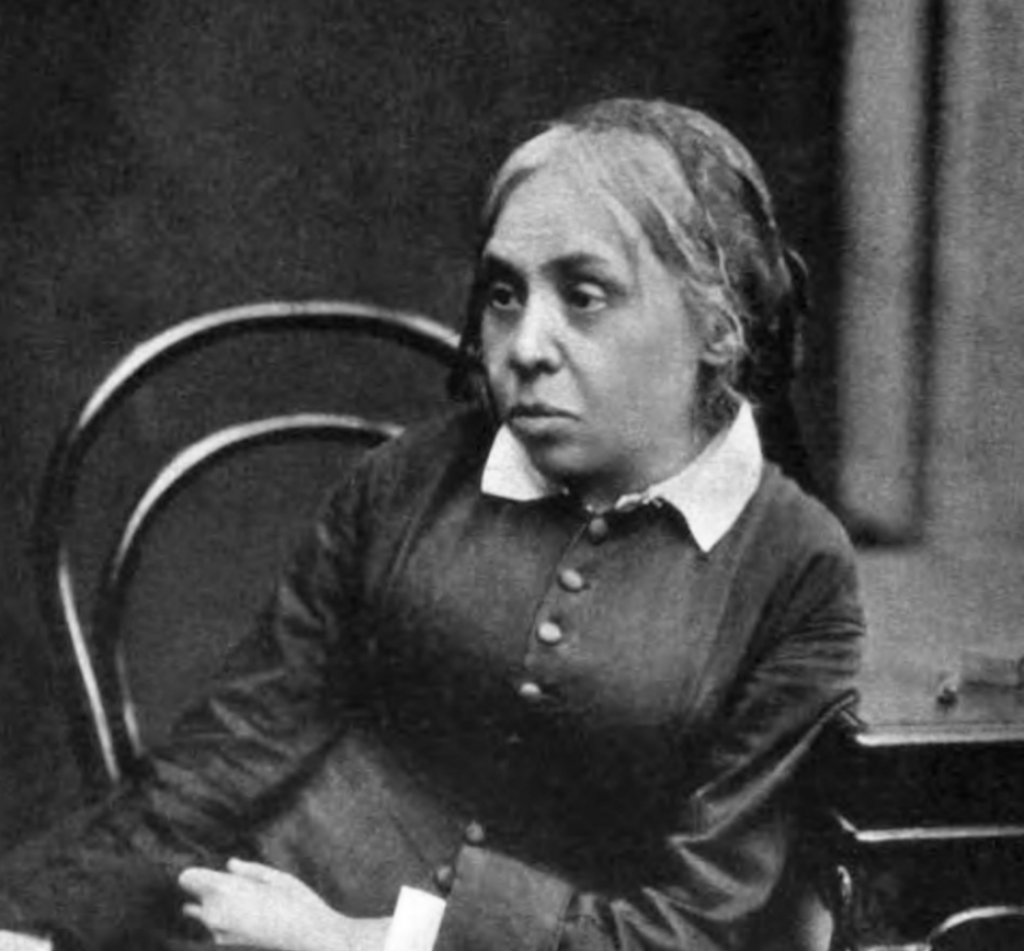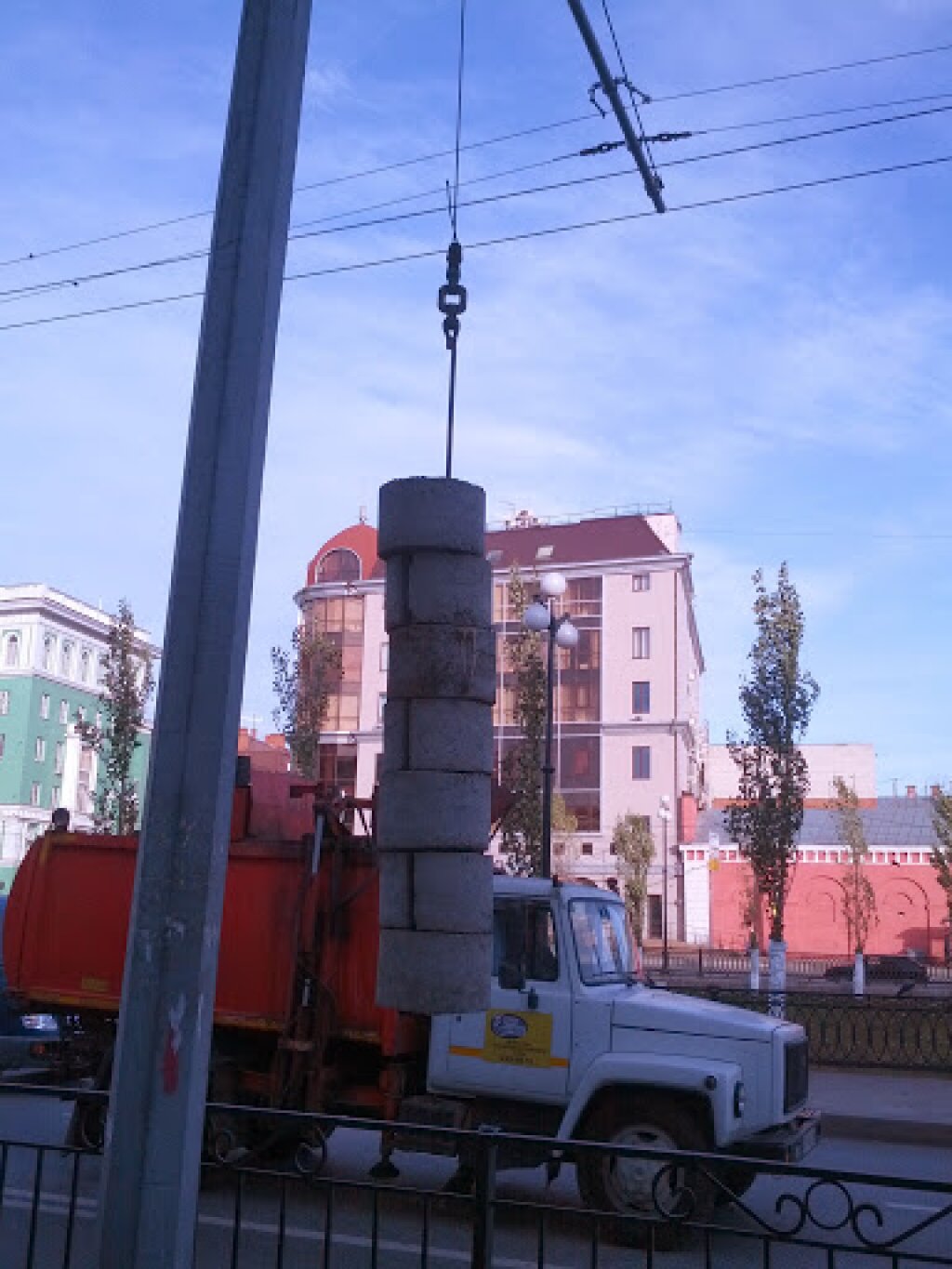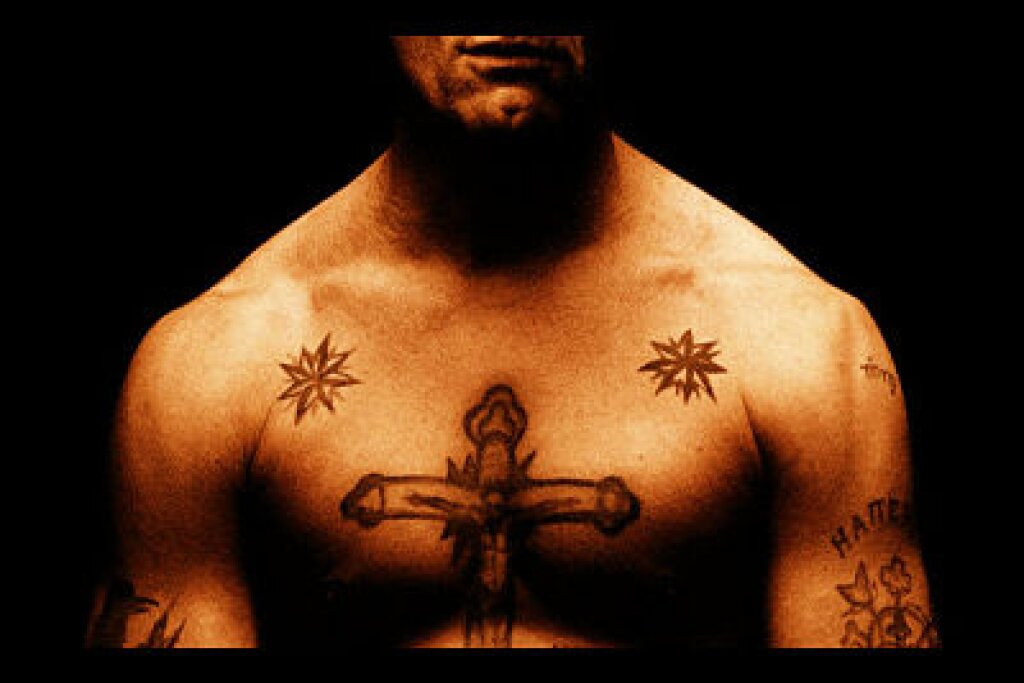The Jordan Center stands with all the people of Ukraine, Russia, and the rest of the world who oppose the Russian invasion of Ukraine. See our statement here.
Anna A. Berman is Assistant Professor of Slavonic Studies at the University of Cambridge and the author of The Family Novel in Russia and England, 1800-1880 (Oxford University Press, 2022).
Above: The writer Nadezhda Khvoshchinskaya (1821-1889), pictured in 1892. Source
Amid calls to “decenter” Russian literature, one call we do not hear often enough is to finally correct our view of what “the center” actually was. This does not mean ignoring the “peripheries,” but instead restoring to our narrative of Russian literature a group of figures who were at the center but have largely dropped from view: Russia’s great nineteenth-century women writers.
Since Russia’s full-scale invasion of Ukraine last February, much of the conversation about Russian classics has focused on a small canon of men whose imperialist spirit has rightly come under scrutiny. Alexander Pushkin—the “father of Russian literature”—disparaged Ukraine and praised Russia’s expansive force. He supported the crushing of a Polish uprising in 1830 with poems that told the West to stay out of matters within the “Slav family,” essentially giving Russia the right to dominate her western neighbors. And he celebrated “the glorious hour when, scenting bloody combat, [Russia’s] double-headed eagle rose up against the indignant Caucasus” (Prisoner of the Caucasus). As the story goes, Pushkin passed on his mantle to the young Romantic Mikhail Lermontov, who continued to glorify Russia’s imperial expansion in the Caucasus, most famously in his novel Hero of Our Time (1840).
But this is not how the story actually went. When Pushkin died, his mentor Vasily Zhukovsky gave Pushkin’s draft notebook to the poet he saw as Pushkin’s successor. This was not Lermontov, but Evdokiia Rostopchina (1811-1858), who went on to write The Forced Marriage (1845), a veiled allegory of Russia’s annexation and oppression of Poland. Perhaps because the censors did not expect such a political message from a woman, The Forced Marriage was successfully published in the newspaper The Northern Bee, but when people caught on to the work’s true meaning a few weeks later, copies were destroyed by the police, and Rostopchina—who had been close with the Tsar’s family—ended up shunned by society. This is the story of “the foremost poet in Russia” after Pushkin’s death, as a leading journal editor called her. If we are reconsidering the legacy of “great Russian literature,” surely she should have a place in that narrative.
And what of the big novelists? Since Russia’s invasion of Ukraine, Fyodor Dostoevsky in particular has come under fire. Certainly his views of Russia’s mission to “bring brotherhood” to Europe and to unite all the Slavic peoples exemplify a terrifying kind of Russian messianism that needs to be discussed and acknowledged. But he was not the only novelist writing. By the 1870s, the highest paid authors in Russia were Tolstoy and Turgenev (tied), and, in third place, not Dostoevsky, but V. Krestovsky (pseudonym), the pen name for Nadezhda Khvoshchinskaya (1821-1889). Indeed, in 1871 the Russia correspondent for the London-based Athenaeum placed her “but little below Tolstoi and Tourguénief.” For contemporaries, it was Tolstoy, Turgenev, and Khvoshchinskaya who formed the triumvirate at the top of Russian literature. One of three literary sisters known as the “Russian Brontës,” Khvoshchinskaya was a pacifist who wrote scathing critiques of serfdom, the oppressive patriarchal family structure, bureaucratic corruption in the provinces, the dissolute life of the elite, and much more. This was hardly glorification of Russia’s expansionist mission. And this was hardly marginal literature, as she was one of the most highly paid and respected authors in Russia.
By the end of the nineteenth century, fifteen percent of Russia's professional writers were women. If we are now rethinking the canon, a major step is to restore them to their rightful place. Evgeniia Tur, Karolina Pavlova, Elena Gan, Marko Vovchok (who published in both Russian and Ukrainian), Mariia Zhukova, Avdotia Panaeva… these are just a few of the names that should be part of the discussion if we are trying to accurately assess what Russian literature was, and what it stood for, in the nineteenth century.
What I am writing here is neither new nor original; scholars of Russian women’s writing have been saying all this for decades. But these facts should be common knowledge among all scholars of Russian literature, not just those who specialize in women. Even as we move to “de-center” and to give credence to literature written on geographic and ideological “peripheries”—and to challenge the very idea of center/periphery—we must also correct our understanding of what the center truly was. Acknowledging the fundamental position female authors held will give us a truer understanding of the Russian tradition that we are in the process of reevaluating.



